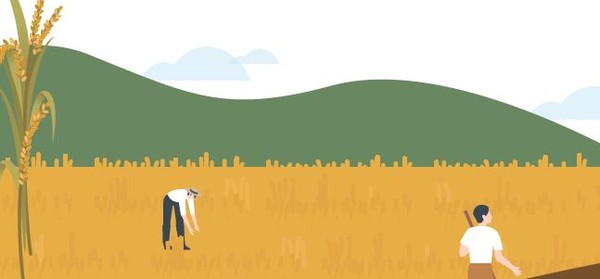
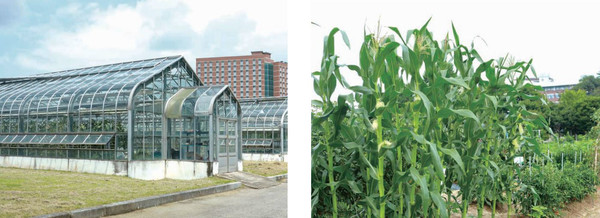
It is not easy to imagine a food crisis in your daily life when you can freely choose what meals to eat every day. Nevertheless, at this point, the global food supply is in a state of utter instability. The FAO (Food and Agriculture Organization of the United Nations) announced in March that the FAO Food Price Index, which represents international price trends for major agricultural products, rose 12.6%, reaching the highest level since its introduction in 1990. Food prices in the most vulnerable areas of the crisis have more than tripled. It is time for us to reflect on our society.
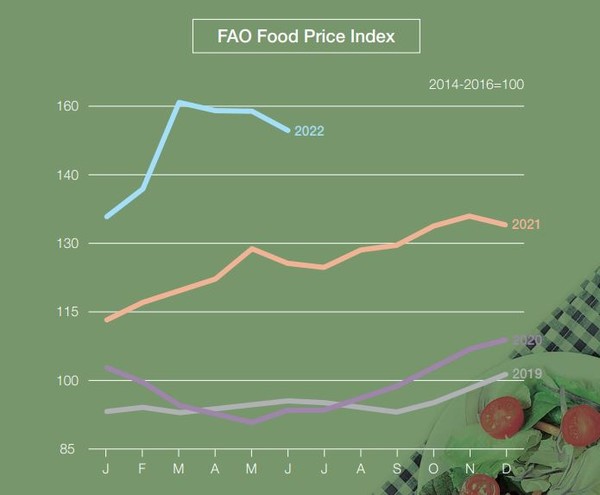
- Food Crisis Caused by Russia-Ukraine War
The war between Russia and Ukraine, which has been going on since February, has had the biggest short-term impact on the global food supply. They have world-class granaries and are substantial wheat and corn exporters. About 30% of the world’s grain exports come from Russia and Ukraine. Countries that import grains from these countries were hit hard by the export limitations during the Russia-Ukraine war.
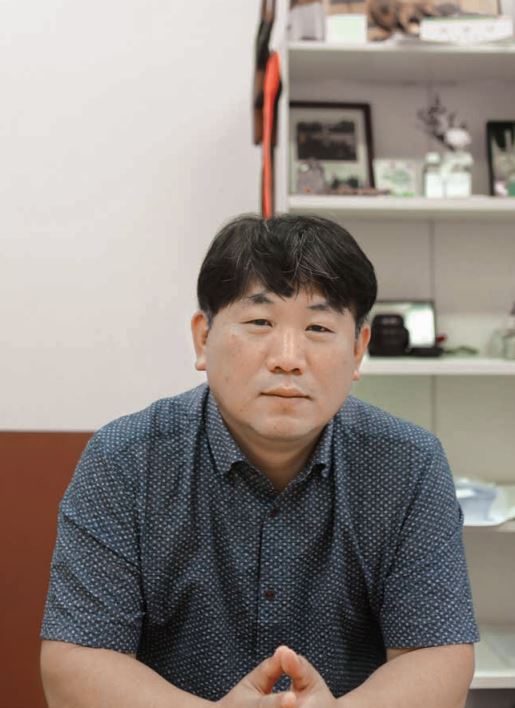
In particular, Middle Eastern countries such as Egypt and Turkey rely on Russia and Ukraine for most of their grain imports due to geographical conditions, so the damage has been severe. Choi Jong-san, a professor of the JBNU Department of Agri-food Marketing, expressed concern that if the situation continues, the second ‘Arab Spring’ may occur. The Arab Spring was a series of anti-government protests in the Middle East and North Africa in 2010, which were caused by soaring grain prices and serious risks of global famine.
In the case of Korea, grain is generally imported from the United States and Australia, so the damage from the war is relatively small. However, we are not completely free from the damage. Korea also imports grains from Russia and Ukraine, which are mainly used as feed for livestock. Naturally, when the supply and demand of feed grains become unstable, feed prices rise. According to Jung Chung-sik, secretary-general of the Korean Peasants League, also known as Junnong, feed prices have already risen more than 50% compared to last year.
This is due to reduced distribution because of the war, rising oil prices and international ocean freight charges, and unstable exchange rates. He says that in the farming system in Korea and Jeollabuk-do, where most of the feed is imported and fed to the livestock, the rising raw material costs will lead to increased processing and distribution costs, eventually resulting in a chain reaction that will cause consumers to feel the effects. “If this issue reduces consumption, there may be a massive shutdown of livestock farms,” Jung said.
It is true that should the Russia-Ukraine war end, the food supply and demand issue will significantly decrease. However, experts say that even if the war is over, the food problem will last. “It will get better after the war, but the current situation will be maintained to some extent. This is an issue that could destroy a country’s entire economy,” said Professor Choi. Jung said, “farmers cannot produce agricultural products immediately from the war-torn land. It takes at least five to ten years for the land to recover.” From this point of view, the war between the two countries is likely to affect the global food supply chain for much longer than most people think.
- Food Shortages in Deepening Climate Crisis
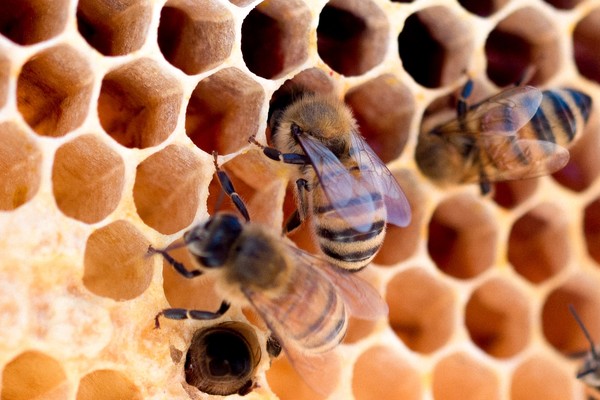
The abnormal climate phenomenon, which is getting worse day by day, also raises concerns about the food crisis. Earlier this year, a large number of bees died or disappeared on Korean farms, raising awareness among many people. More than 70% of the top 100 crops, which account for 90% of the world’s food supply, are produced from bees’ pollination process. Therefore, the disappearance of bees is a major problem that can cause great difficulties in food production, stated the FAO. Experts, including the RDA (Rural Development Administration), generally believe that climate change is the cause of this crisis.
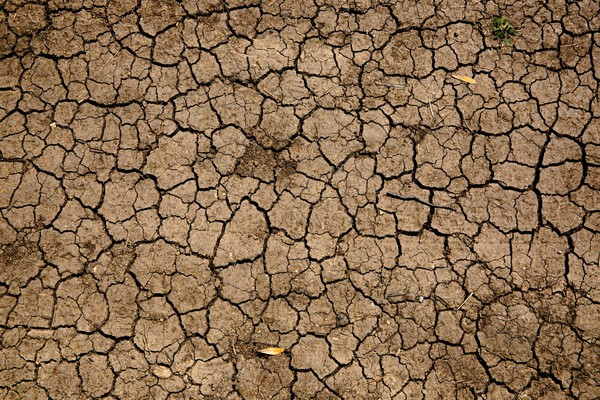
Additionally, weather conditions are a threat to the cultivation of major grain producing areas around the world, leading to food shortages. The largest-ever recorded droughts in the United States, Europe, and Brazil, the largest producers of wheat and bean, have significantly reduced grain yields. Meanwhile, in China, which ranks second in wheat production after Europe, the wheat sowing season was delayed in July 2021 due to flooding. Amid these situations, global grain reserves and trade prices are becoming more unstable than ever.

Professor Choi mentioned Amazon's double-edged sword. The Amazon jungle, the world’s largest rainforest which has the nickname of the “lungs of the planet,” is an important area for suppressing global warming, as numerous trees alongside the river absorb carbon dioxide. However, South American countries such as Brazil and Argentina are clearing the Amazon to grow crops to replace shrinking farmland, which is accelerating climate change. Cultivating the Amazon into farmland can help solve the food shortage by increasing crop production. However, this is a dilemma as it can deepen the climate crisis and lead to a major food shortage in the long run.
- Voices of Concern about Import-dependent Food Conditions
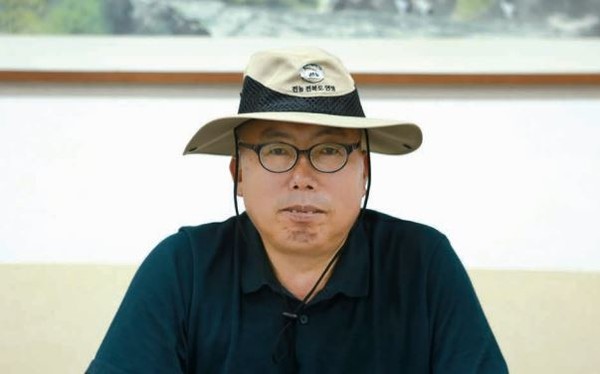
Korean farmers strongly insist on improving grain self-sufficiency. Jung reflected that “Korea's agriculture is subject to the political influence of multinational enterprises under the WTO (World Trade Organization) system." He emphasized the negative effects of the monopolistic market structure. ADM (Archer Daniels Midland), Bunge, Cargill, and LDC (Louis Dreyfus Company), dominate 80% of the world's agricultural distribution. They are so influential that they not only distribute but also control the world's food production, supply, distribution, and consumption.
In Korea, where grain self-sufficiency is only 20%, citizens must recognize this as highly dangerous. Meanwhile, Jung has been arguing for financial support for struggling livestock farmers in Jeollabuk-do, as farmers are becoming more alienated due to policies focused solely on profit. This must mean direct, not indirect, support for all farmers. Indirect support, such as funding for constructing buildings and paving roads in the name of rural development, no longer works. In order to strengthen agricultural and rural areas, direct protection policies, like the basic agricultural income implemented in Europe, must be enforced here. Jung, a native of Gyeongsang-do, emphasized that the population of Jeollabuk-do will increase when solid administrative support for rural areas is based in Jeollabuk-do, Korea's prime farmland.
These agendas can be put into action step by step through communication between the new governor and farmers' organizations. At the end of the interview, Jung talked about the food production problem and emphasized several points in particular. He said, “not only farmers but young intellectuals, college students, have to be interested in climate change and food self-sufficiency.” In addition, he emphasized that lawmakers should make efforts to enact legislation to improve food self-sufficiency. If politicians recognize the strategic importance of agriculture, Korea’s global standing will improve. In the same vein, Professor Choi concluded that agriculture independence is important to being a truly developed country.
- Protecting and Enhancing Domestic Food Production
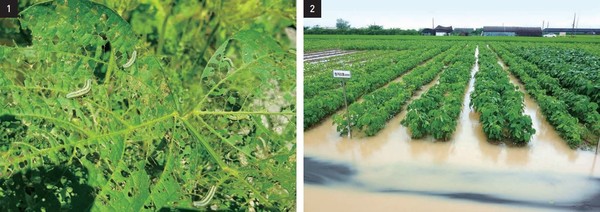
Both the local and central government are doing their part to minimize agricultural damage from extreme weather and enhance food self-sufficiency. In June, Jeollabuk-do farmers suffered from drought like the rest of South Korea. To prevent further damage, the Jeollabuk-do Disaster Safety Headquarters, Agricultural Technology Center, and seven of its cities and counties are working together to build fourteen medium-sized tubular wells by this December. These wells will provide water to over sixty-five hectares of land and solve water shortage problems, such as sluggish crop growth and waning crops. Jeollabuk-do also secured four hundred million won for pumping operation support, water trucks, and the excavation of riverbeds.
Furthermore, JBARES (Jeonbuk Agricultural Research & Extension Services) offers a farm-customized warning service for weather disasters. It provides detailed weather forecast information to each farm and updates on the growth status of each crop under cultivation. Any farmer in Jeollabuk-do who raises open crops such as apples, peaches, and green tea can sign up for this service for free.
What if the precautions are not enough and the crops are ruined? MAFRA (Ministry of Agriculture, Food and Rural Affairs) provides crop damage insurance and a disaster recovery budget for such cases. “Jeonju and Jeollabuk-do support 40% of crop damage insurance while MAFRA supports 50%, leaving only 10% of the insurance fee to the farmers,” explained the Jeonju Agricultural Technology Center. The disasters covered under insurance include natural disasters, damage by birds and mammals, and fires, ensuring stable business management for farmers.

Moreover, other than protecting national food production by precautionary measures and enhancing agricultural stability, government organizations are developing seeds and cultivation techniques for food security. NICS (National Institute of Crop Science) is developing and distributing new techniques to increase the productivity of crops. “For wheat and beans which are highly dependent on imports, we are focusing on improving farmers’ productivity by distributing those crops to the sites quickly. We are developing double-cropping techniques to increase the utilization of national agricultural land. Optimal cultivation techniques considering regional environments are being developed as well,” stated Bae Hee-soo from NICS.
In addition, there is an ongoing discussion among experts about building an overseas production base for import-dependent crops. MAFRA and NICS are co-developing and offering on-site training and cultivation manuals for wheat and bean farmers. The world food crisis may never directly hit Korea like in third-world countries, but Korea is experiencing inflation. To produce food independently and therefore suppress inflation, the government must support the farmers that grow highly dependent crops. “Those dependent crops grown domestically cannot compete with imported ones, making it difficult for farmers to be economically stable. Farmers will not take the risk of cultivating new crops like wheat and corn without certain policies, like wholesale purchases from the government,” stated professor Choi.
JBARES focuses more on rice development for farmers. The Agriculture Food Development Division of JBARES develops customized cultivation techniques for major rice varieties in Jeollabuk-do, rice-cultivation strategies for reduced labor, offers seed disinfection, and carries out weed, disease, and pest control within the region. It also studies the change of regional rice varieties, Shindongjin and Siprihyang, according to the transplantation period and planting density of each. The Seed Center of JBARES plans to produce ten different rice seeds this year and provide the seeds by next February. Those seeds are highly resistant to pests and don't fall easily due to wind and rain, which will lead to increased yields.
Stable farming conditions, including economic and environmental circumstances, are more important than anything in a food crisis. “To exacerbate the problem, the Korean food market will be destroyed if farmers no longer harvest rice. We must respect the farmers as they are the ones maintaining the agricultural industry. Farmers, not us, can truly overcome the food crisis,” professor Choi stated. It is difficult for Koreans to feel the effects of the food shortage, whereas thousands are dying of famine overseas. Professor Choi added, “In a global perspective, it is important to help others suffering from the food crisis. We should contribute to the international community so that they can overcome starvation.”
| Kim Eun-ji Editor-in-chief, Chin Da-youn Editor, Chae Won-jin Cub-reporter

